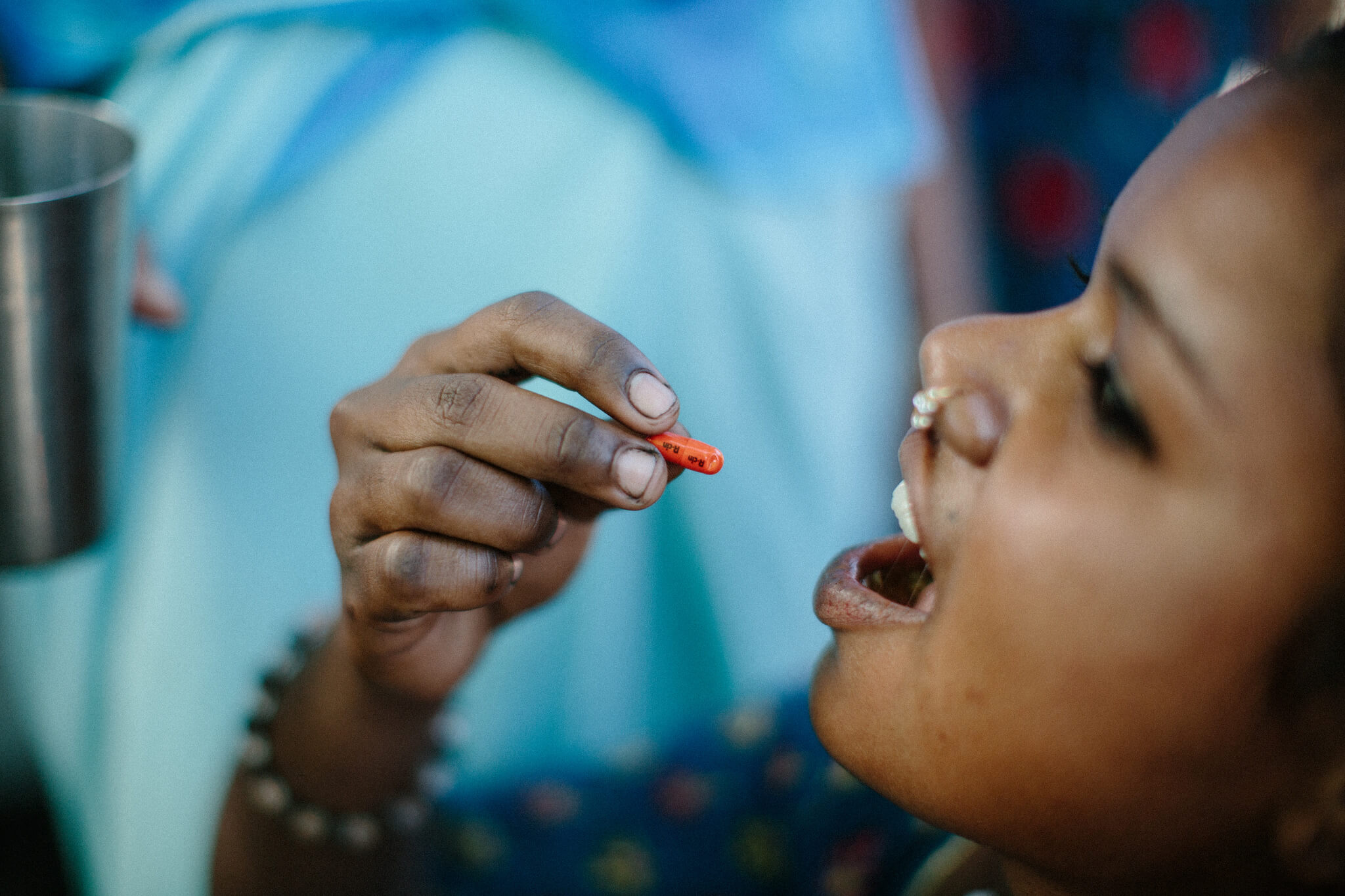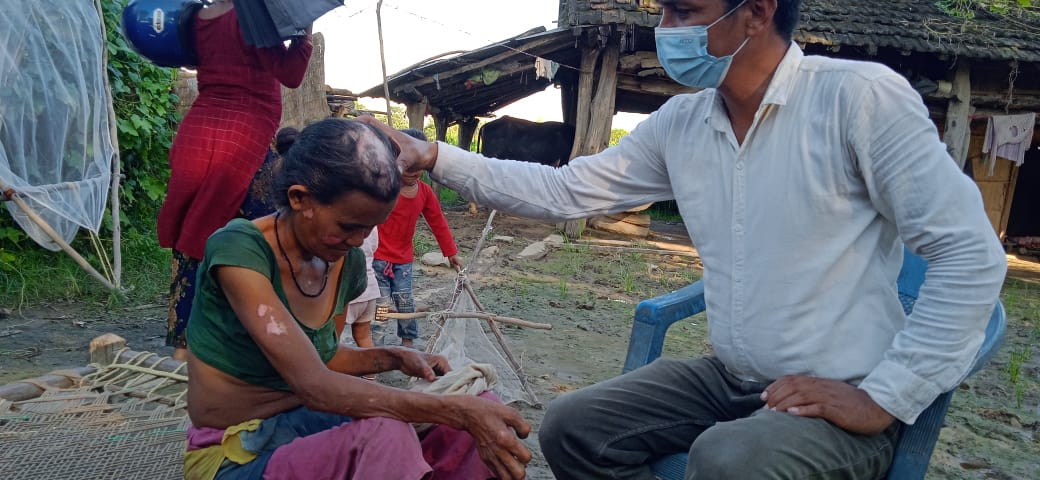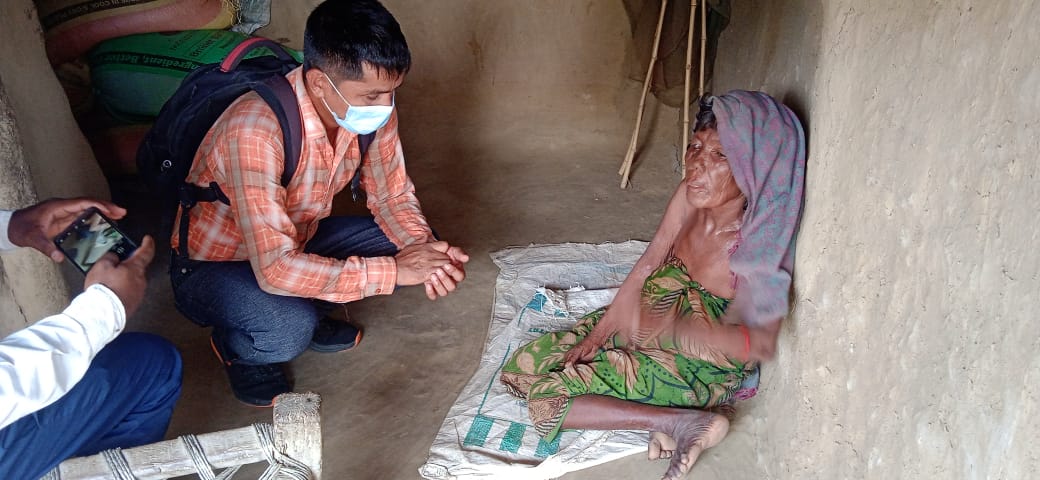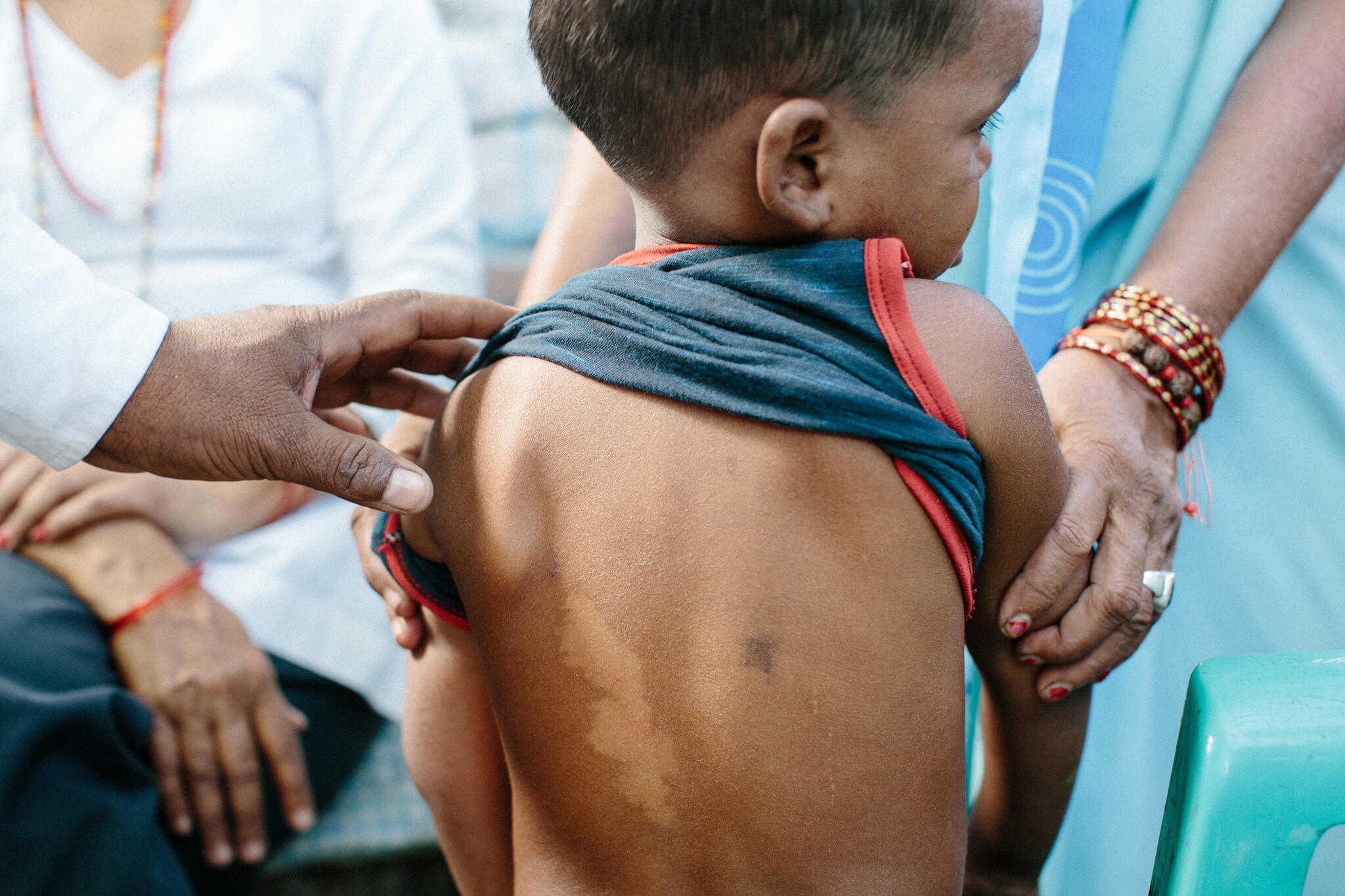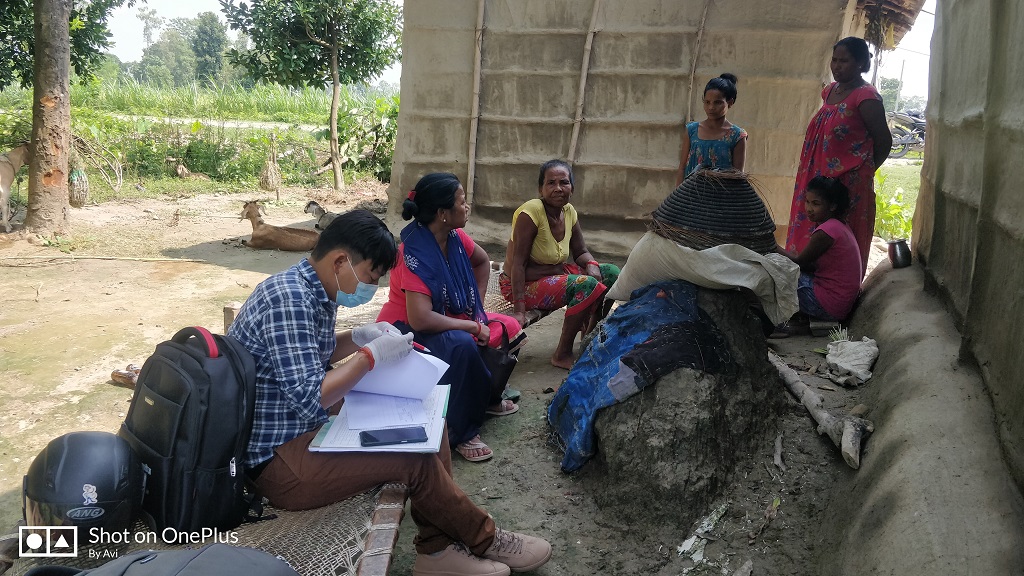HISTORY OF NLR IN NEPAL
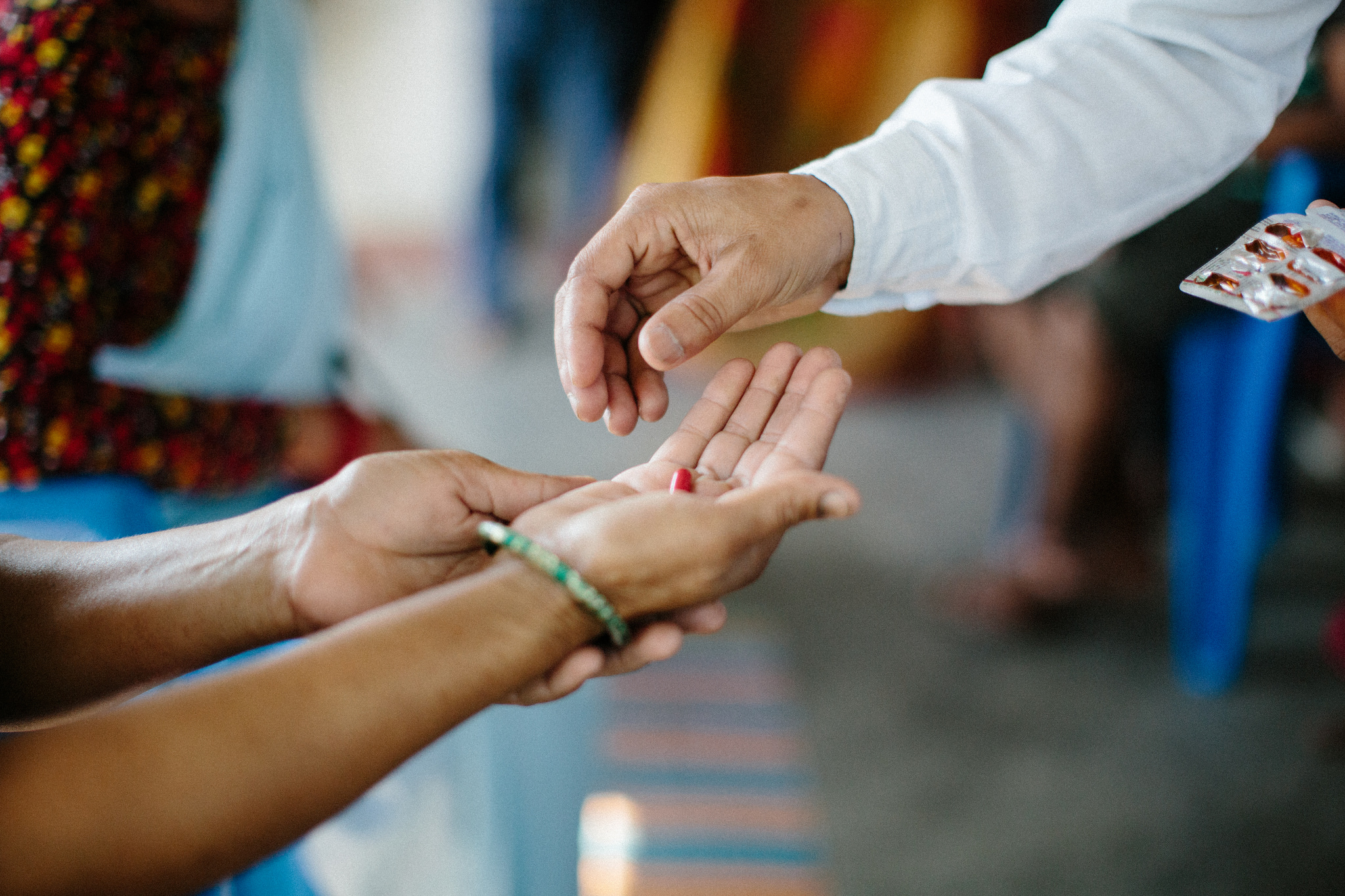
NLR started its work in Nepal over 40 years ago as an international organization (INGO), supporting the treatment and elimination of leprosy in close partnership with the Government of Nepal and the Ministry of Health and Population. Throughout the years, NLR made significant contributions to the country’s leprosy control efforts and the inclusion of people affected by leprosy and disability.
In 2018, NLR Nepal officially registered as a not-for-profit national organization under Nepal’s Company Registration Act. This marked its shift from an international branch to a fully national entity, promoting sustainability, local ownership, and better alignment with Nepal’s development goals.
NLR Nepal is part of the global NLR Alliance, which includes NLR India, NLR Indonesia, NLR Brazil, and NLR Mozambique. The Alliance is managed by the NLR International Office (NLR IO), providing strategic leadership, technical guidance, and financial support to member countries. Through this Alliance, NLR Nepal gains access to shared expertise, joint research, and international visibility while contributing Nepal’s innovations in mapping, digitalization, and inclusive approaches.
Today, NLR Nepal collaborates with government agencies, civil society, and international partners not only to achieve a Leprosy-Free Nepal but also to tackle broader public health issues, disability-inclusive development, climate resilience, and social inclusion. With its main office in Kathmandu and field offices in Biratnagar and Madhesh Province, NLR Nepal continues to build on its legacy while adapting to new national and global needs.
Zero Health Inequality from Disease
- No one should suffer from preventable or neglected diseases, including leprosy,
other NTDs, and emerging public health threats. - Focus on prevention, surveillance, and equitable access to care
Zero Disability and Barriers
- Disabilities, whether from disease, environment, or social exclusion, should not limit opportunity.
- Commitment to inclusion, accessibility, and participation in all sectors of life.
Zero Discrimination and Exclusion
- Every person has the right to dignity, equality, and participation.
- Eliminate stigma, discrimination, and social injustice that block health, education, or livelihood.

